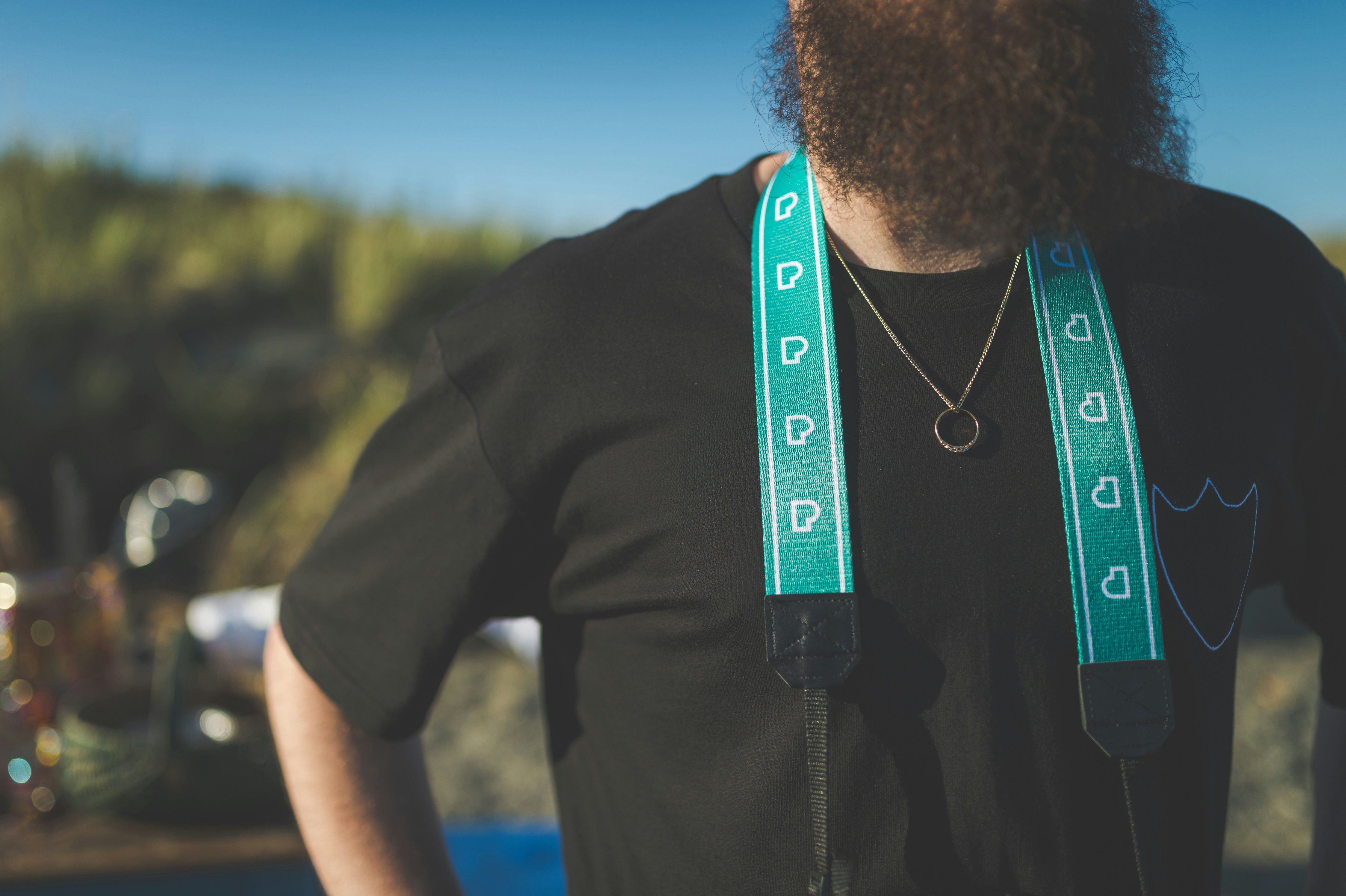Friendship Flourishes in Unlikely Places: An Interview with Patricia Mazuy, Director of "The Prisoner of Bordeaux"
"The Imprisoned of Bordeaux": Exploring events and facades
At first glance, Alma and Mina inhabit different worlds. The former is a wealthy socialite, living in a lavish mansion, while the latter is a hardworking single mother of two, laboring away at a laundry. Yet these two women share one common ground: the visiting room of a prison, where their respective husbands are locked away. By chance or necessity, Alma and Mina forge an unexpected and unpredictable friendship. "The Prisoner of Bordeaux," slated for release this Friday, is the story of this unlikely friendship.
In a recent interview, we spoke with the film's director, Patricia Mazuy. Originally, the friendship between the rich woman and the poor woman was present in the script, but as more of an afterthought. "The script wasn't as dramatic, as fairytale-like, and it didn't have the paradoxical element that the film now showcases," Mazuy explains.
We'll leave the details to the viewers to avoid spoiling the experience. But, Mazuy and co-writer François Bégaudeau went through several drafts to refine the script. "The dialogue's quality was already strong, particularly in the humor and self-deprecation shown in Alma," Mazuy reveals.
Alma, portrayed by Isabelle Huppert with her signature subtlety and emotional depth, shines alongside her co-star, Hafsia Herzi, who delivers a more flamboyant performance. "This is a film for actresses. Isabelle Huppert and I had previously collaborated on a film [Saint-Cyr]. Whenever I saw her at a performance, she would say, 'Why don't we make another film?' So, I sent her a script. It was then that I could truly work on Alma with Isabelle in mind, to give her the complexity and gravitas that Isabelle possesses," Mazuy says.
Mazuy clearly expresses her admiration and affection for Isabelle Huppert. "Isabelle is an indefatigable woman. If she doesn't have something to do on a Sunday, she has to find something to present or agree to be the godmother of something. It's as if there's a permanent adrenaline rush in her; she's always on the move," she says.
Hafsia Herzi and Mazuy are collaborating for the first time. "I had seen and appreciated Hafsia's directorial debut [and starring role], You Deserve a Love. For this role, I asked her to gain a bit of weight and be more expressive, using Italian comedy as a reference," Mazuy explains.
"The Prisoner of Bordeaux" boasts inspiring filmmaking, blending documentary realism within the prison and understated symbolism outside its walls. "Two shots in particular convey the isolation and imprisonment felt by the two women: Mina eating alone in a parking lot, and Alma standing in the backyard at dusk. Both women seem fragile and alone in the frame," Mazuy notes.
Mazuy aimed to explore the complexities of the characters Alma and Mina while challenging conventional stereotypes. "Mina's scene with the school director is a clever way to juxtapose the lives of Alma and Mina. It's both humorous and poignant as Alma, while appearing to speak about her friend, reveals her own wounds," she says.
Mazuy also speaks about her desire to "work on softness," after directing a previous film (Bowling Saturne) that was dark and violent. "With 'The Prisoner of Bordeaux,' despite the carceral theme, I wanted to go in the opposite direction. I wanted people to love these two women, to truly empathize with them," she says.
In a related note, Mazuy is pleased that the film features an original song, "Je sens tu mens." "Finding the singer for the song, which I wanted to have a more modern feel to avoid being too vintage, was a challenge. It's Sarah McCoy, a remarkable singer from the United States," Mazuy says.
As for "The Prisoner of Bordeaux," Mazuy admits to wanting to "make a soft film." "Because my previous film [Bowling Saturne] was very dark and very violent. It delves into the extreme of human violence," she says.
Let Mazuy rest assured: we will definitely watch and appreciate "The Prisoner of Bordeaux." It premieres on May 2nd.
If you're in the mood for more, here are a few suggestions:
- Is Donald Trump attempting to keep or exclude his adversaries from the country?
- Access to the Stablex site in Blainville has been temporarily blocked by an activist.
- Bouazzi questions Blanchette Vézina about the carbon footprint of bombs.
- To watch in video.
Stay tuned for more updates!
- Patricia Mazuy, in her interview, mentioned that the script of "The Prisoner of Bordeaux" initially lacked the symbolism that the movie now exhibits, providing a more fairytale-like and dramatic element.
- In her directorial debut, Hafsia Herzi, requested by Patricia Mazuy, was asked to gain weight and become more expressive, with reference to Italian comedy.
- The prison scenes in "The Prisoner of Bordeaux" display documentary realism, while the scenes outside the prison walls show understated symbolism, such as the isolation and imprisonment felt by the two women.
- The film "The Prisoner of Bordeaux" breaks stereotypes and delves into the complexities of the characters Alma and Mina, leading viewers to truly empathize and love these women.







